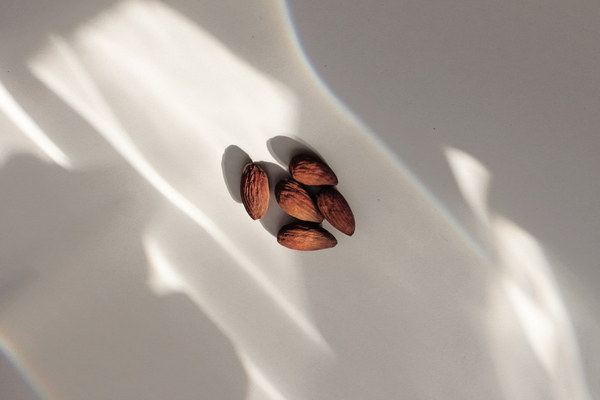The Traditional Remedy Sipping Ginger Tea to Ward Off Dampness - Is It Effective
In the realm of traditional Chinese medicine, the practice of sipping ginger tea to alleviate dampness has been passed down through generations. But does this age-old remedy actually work? Let's delve into the world of ginger tea and its potential benefits in combating dampness.
Dampness, or Shi in Chinese medicine, is a concept that refers to a condition where excess moisture accumulates within the body, leading to a range of discomforts such as fatigue, bloating, and joint pain. According to Chinese medicinal principles, ginger has been used as a natural remedy to expel dampness and restore balance to the body.
Ginger, scientifically known as Zingiber officinale, is a root herb that has been used for thousands of years in both culinary and medicinal practices. Its warm and spicy flavor, as well as its potent aroma, are believed to stimulate the body's metabolism and promote the elimination of dampness.
Here's how ginger tea can potentially help in expelling dampness:

1. Enhancing Digestion: One of the primary functions of ginger is to aid digestion. By promoting the production of digestive juices, ginger tea can help break down food more efficiently, reducing the likelihood of dampness buildup in the digestive system.
2. Increasing Blood Circulation: Ginger is known for its ability to improve blood circulation. By increasing blood flow throughout the body, ginger tea can help to expel dampness and reduce the symptoms associated with it, such as joint pain and muscle stiffness.
3. Warming the Body: The warm nature of ginger can help to stimulate the body's metabolism and increase its internal heat. This warming effect is believed to help expel dampness by promoting sweat production and aiding in the elimination of excess moisture through the skin.
4. Reducing Inflammation: Ginger contains anti-inflammatory properties that can help alleviate joint pain and swelling, which are common symptoms of dampness.
To prepare ginger tea for the purpose of expelling dampness, follow these simple steps:
1. Peel a fresh ginger root and slice it into thin pieces or grate it.
2. Boil a pot of water and add the ginger slices or grated ginger to it.
3. Let the water simmer for about 10-15 minutes.
4. Strain the tea and add honey or lemon to taste (optional).
5. Drink the ginger tea warm, and it's best to have it before meals.
While ginger tea is considered safe for most people, it's important to note that it may not be suitable for everyone. Individuals with certain medical conditions, such as bleeding disorders or those taking blood-thinning medications, should consult their healthcare provider before consuming ginger tea.
In conclusion, while there is limited scientific evidence to fully support the effectiveness of ginger tea in expelling dampness, the traditional wisdom of Chinese medicine suggests that this natural remedy can be beneficial for those suffering from dampness-related symptoms. It's always a good idea to consult with a healthcare professional before starting any new treatment, especially when it comes to traditional remedies that have not been widely studied in modern medicine.









